Book Now
Date
Select your preferred day for appointment from the below calendar
Specialty
Scroll down the below list to select a specialty
Doctor
Scroll down the below list to select a doctor for your appointment
Time
Select the specific time for appointment from the below schedule
Phone number
Please enter your phone number so that we can give you the best support
Notification
Please fill in the information below
*
*
*
*
*
*
Urgent
POSTPARTUM BABY CARE: DO’S FOR MOTHERS DURING BABY’S FIRST DAYS AT HOME
In the days after birth at AIH, mothers can rest assured because the medical team and midwives always stand by to support. However, when the" vacation " is over, it will surely be difficult for mothers and family members to avoid confusion about what to take care of baby at home scientifically. Let's take a look at some important notes to help mothers and family members spend the first days of life with the little angel easier.
► Baby bath:
► Baby bath:
- Limit the amount of soap/ chemicals and only use a gentle soap specialized for baby, avoid drying and irritating the skin, can bathe with warm water about 37-38 degrees Celsius only, no soap needed.
- Never leave your baby alone when bathing, prepare the necessary items for bathing.
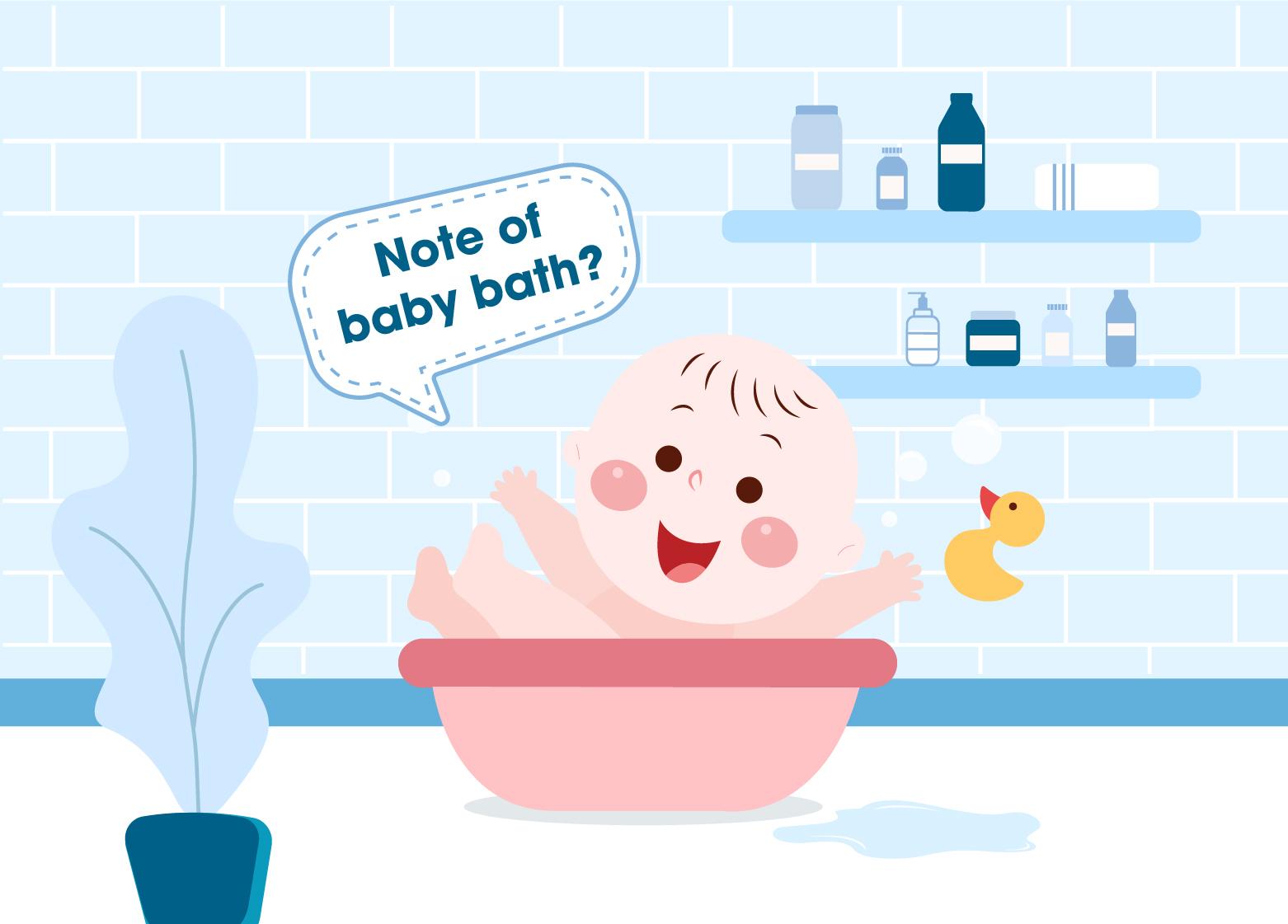
► Umbilical cord care:
- The newborn's umbilical cord will dry and detach by itself 1-3 weeks after birth.
- Keep the umbilicus always dry and clean, after bath, ensure a diaper is fold under the umbilicus.
- Make sure to sterilize your hands before performing umbilical care.
- Clean the umbilical cord with saline solution/ antiseptic solution-alcohol 70 degrees.
- Dry with sterile gauzes/ cotton swabs, following the 1-way principle: from clean to dirty, from umbilical base to periumbilical skin, from umbilical base upwards.
- Make a doctor appointment as soon as the umbilical manifestations such as bleeding, purulent discharge, foul-smelling, periumbilical skin is swelling, red and hot...
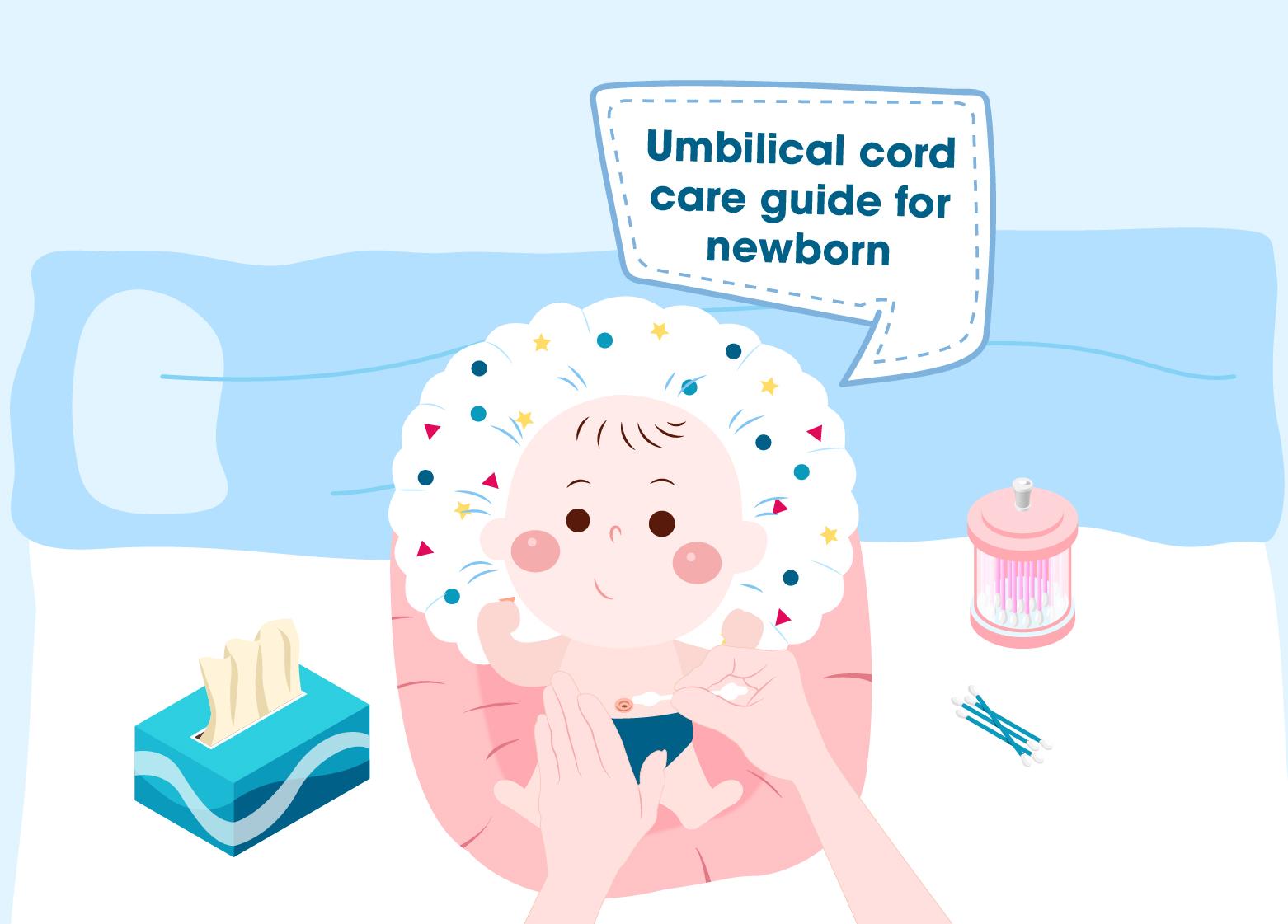
► How much breast milk is needed for baby:
Breastfeeding is given as per need, basing on the cues of baby asks to breastfeed or feeling full, refuse further breastfeeding. This is the best method, let the babies make milk production and adjust the amount of milk as per their desires, stimulate milk well and cause little vomiting.

► Calm your baby:
- Crying is the only way to communicate, attract attention, causes should be figured out such as baby is hungry, diaper change needed or feel uncomfortable, ... In the first 6 months, parents should not worry that your baby will be spoilt because you spend too much time on him/her.
- Cuddle and bond, skin to skin contact are advised as soon as possible, according to baby needs, especially the first hours after birth help to develop baby’s brain.
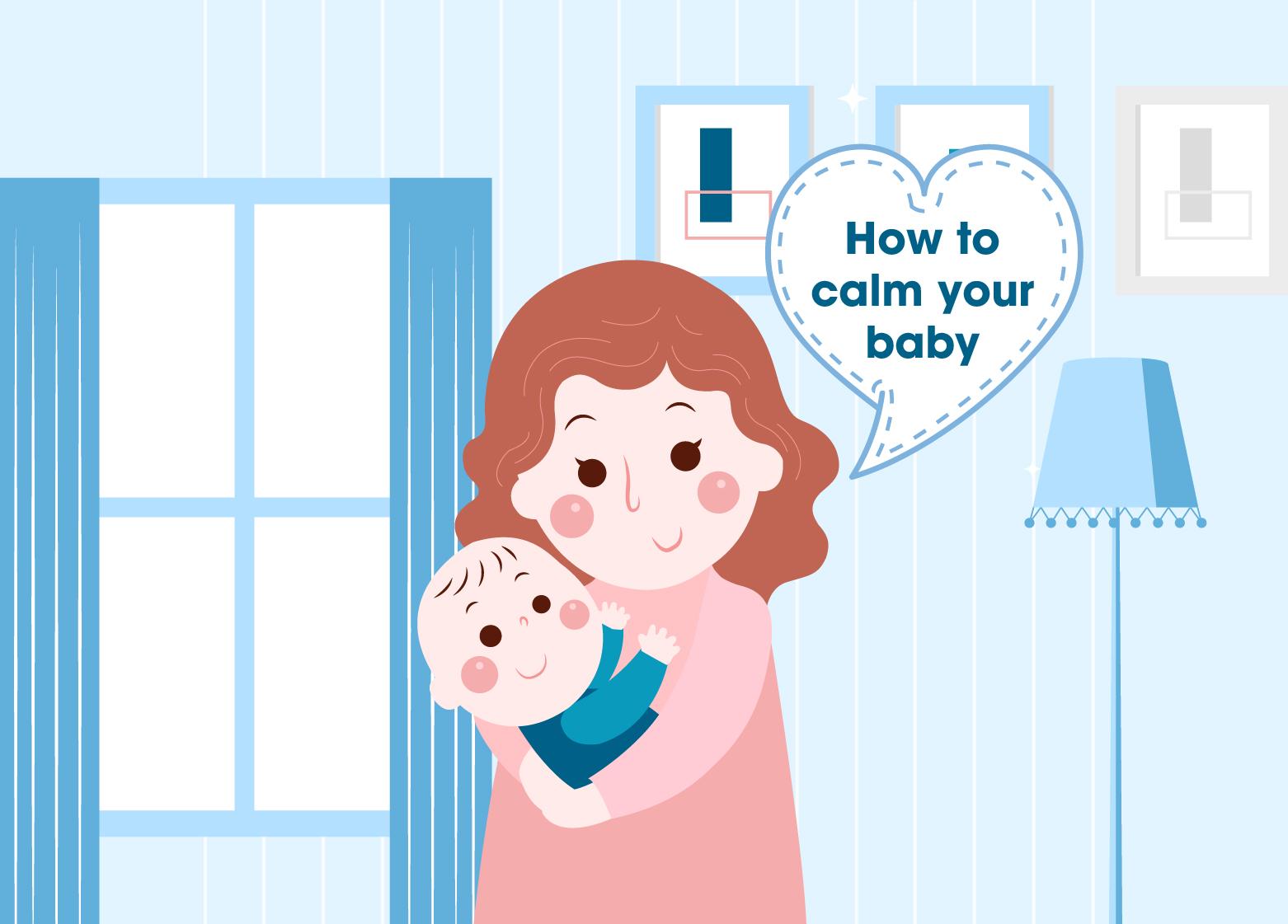
► Baby sleep pattern:
Usually about 12-16 hours per day and the time frame is not matched the schedule of family activities. Make sure parents or caregivers also take a nap while your baby is sleeping so that your body is not exhausted due to lack of sleep.
Notes of safe sleep:
- Until 1 year old, baby should be placed supine, he/she is prone to lie on stomach, when this is found, flip him over, if he can turn himself over, you do not need to intervene.
- Make sure there are not many quilts and stuffed animals around, which can cause asphyxiation in babies.
It is recommended to leave the baby in a crib, a safe flat surface after baby care/ breastfeeding given, not to share the bed with parents or caregivers because it can cause compression asphyxia while all are asleep, but it is recommended to share the room for the convenience of observing, caring and breastfeeding.
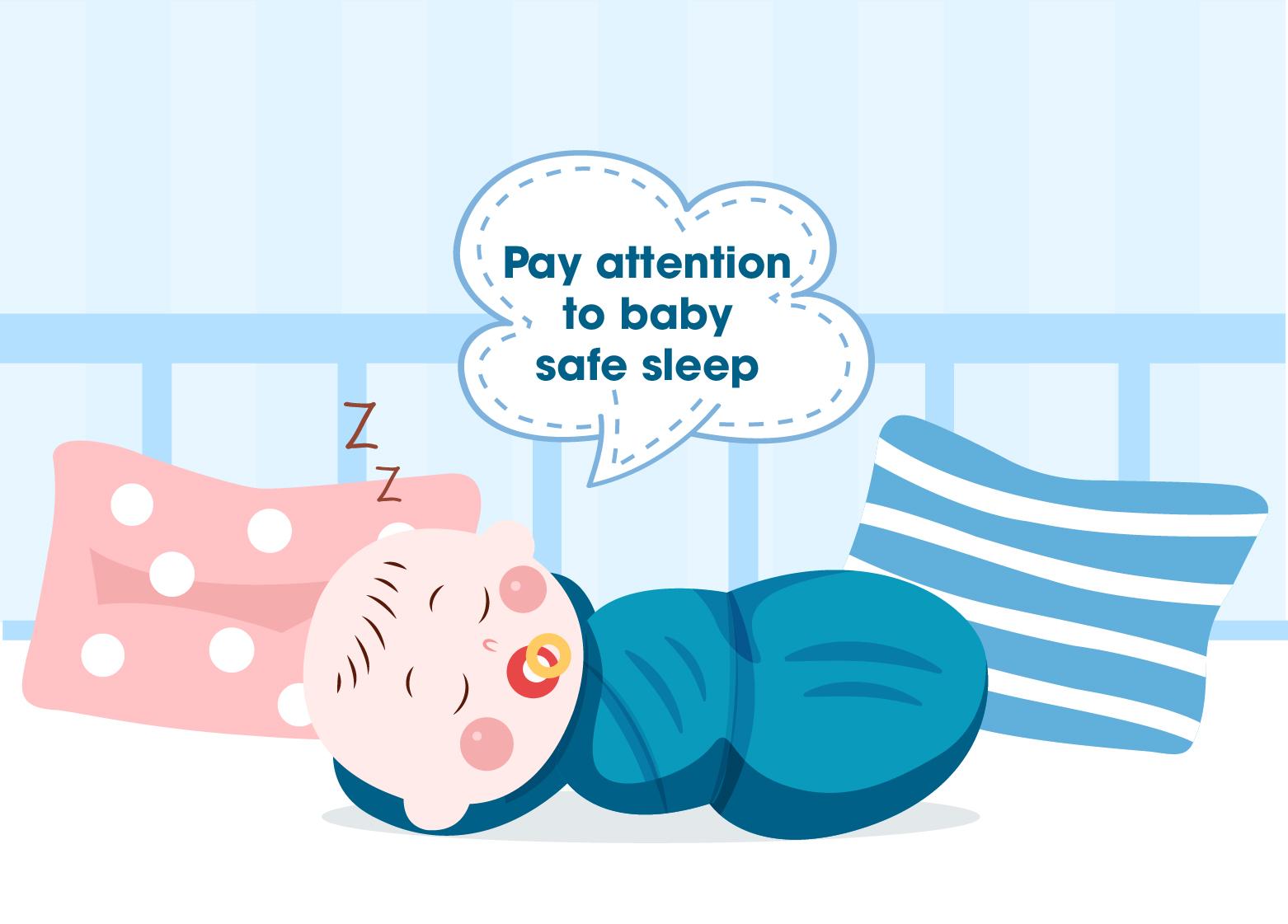
► Jaundice
This phenomenon usually occurs in children 3-4 days old and disappears after 1-2 weeks approximately.
To test jaundice level, parents press their finger on baby's forehead or nose, the skin in these areas turns yellow. Meanwhile, continue to monitor jaundice by pressing on the baby's sternum, hips, and knees.
When you need to visit a doctor for jaundice:

► Jaundice
This phenomenon usually occurs in children 3-4 days old and disappears after 1-2 weeks approximately.
To test jaundice level, parents press their finger on baby's forehead or nose, the skin in these areas turns yellow. Meanwhile, continue to monitor jaundice by pressing on the baby's sternum, hips, and knees.
When you need to visit a doctor for jaundice:
- Jaundice radiates to knees or lower legs
- Fever
- Poor breastfeeding
- Irritation or lethargy
- Arching the back, neck
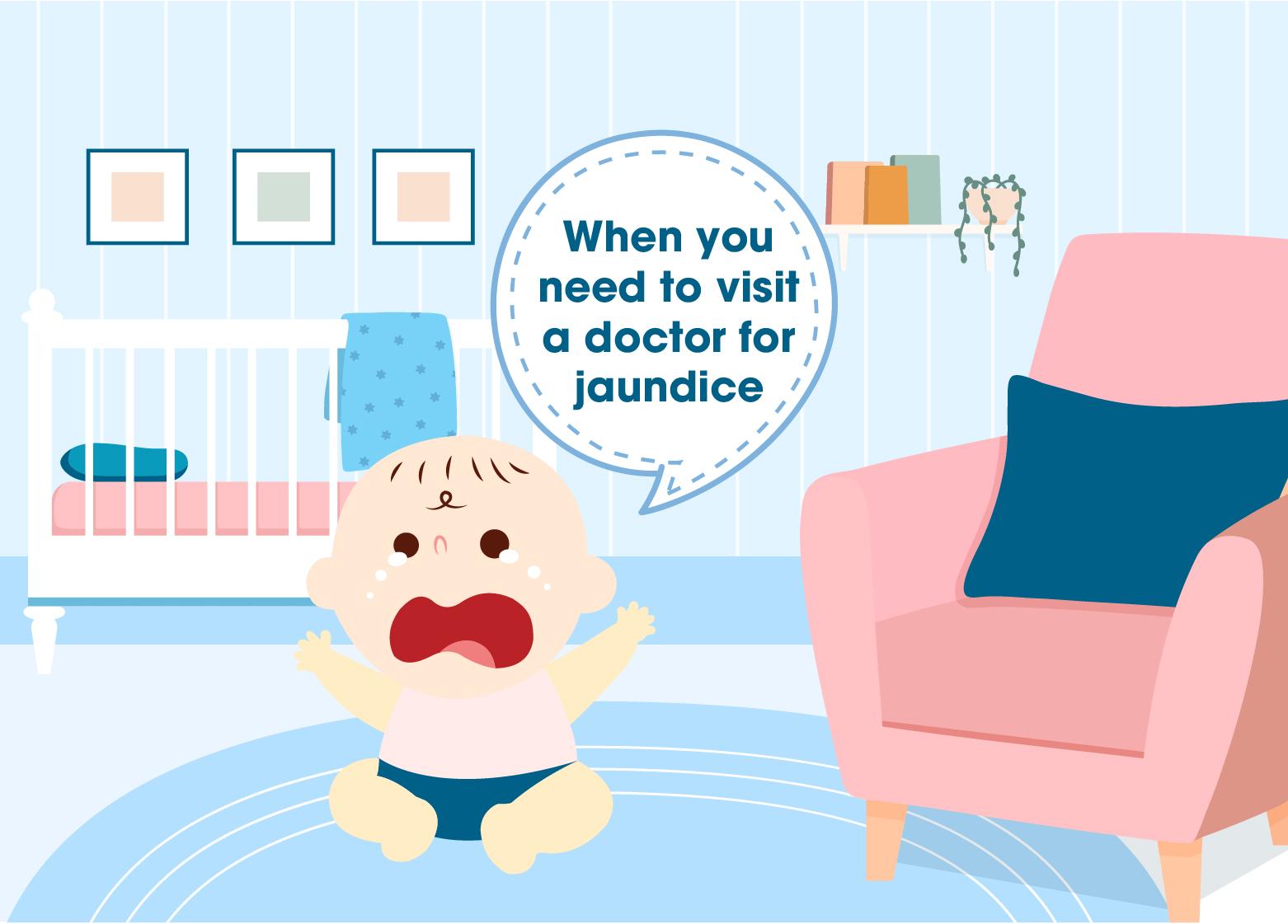
► Vomit
If your baby is breastfed
- Keep feeding, medication is unnecessary, because breast milk is suitable and easier to digest than other sources of nutrition.
- Breastfeeding is given normally with shorter duration. For example, every 30 minutes, feed your baby 5-10 minutes / time
- If the vomiting improves in 2-3 hours, return to the duration of usual feeding. If the condition is not improved in 24 hours, your baby must be taken to doctor.
If your baby is bottle fed with breast or other milk:
- After fed, clap your baby to burp
- Lie on high head posture, 30 minutes after breastfeeding
- Reduce the volume of milk and frequency of each feeding
- Avoid excess breastfeeding, adhering to the physiological gastric capacity, especially during the first days after birth.
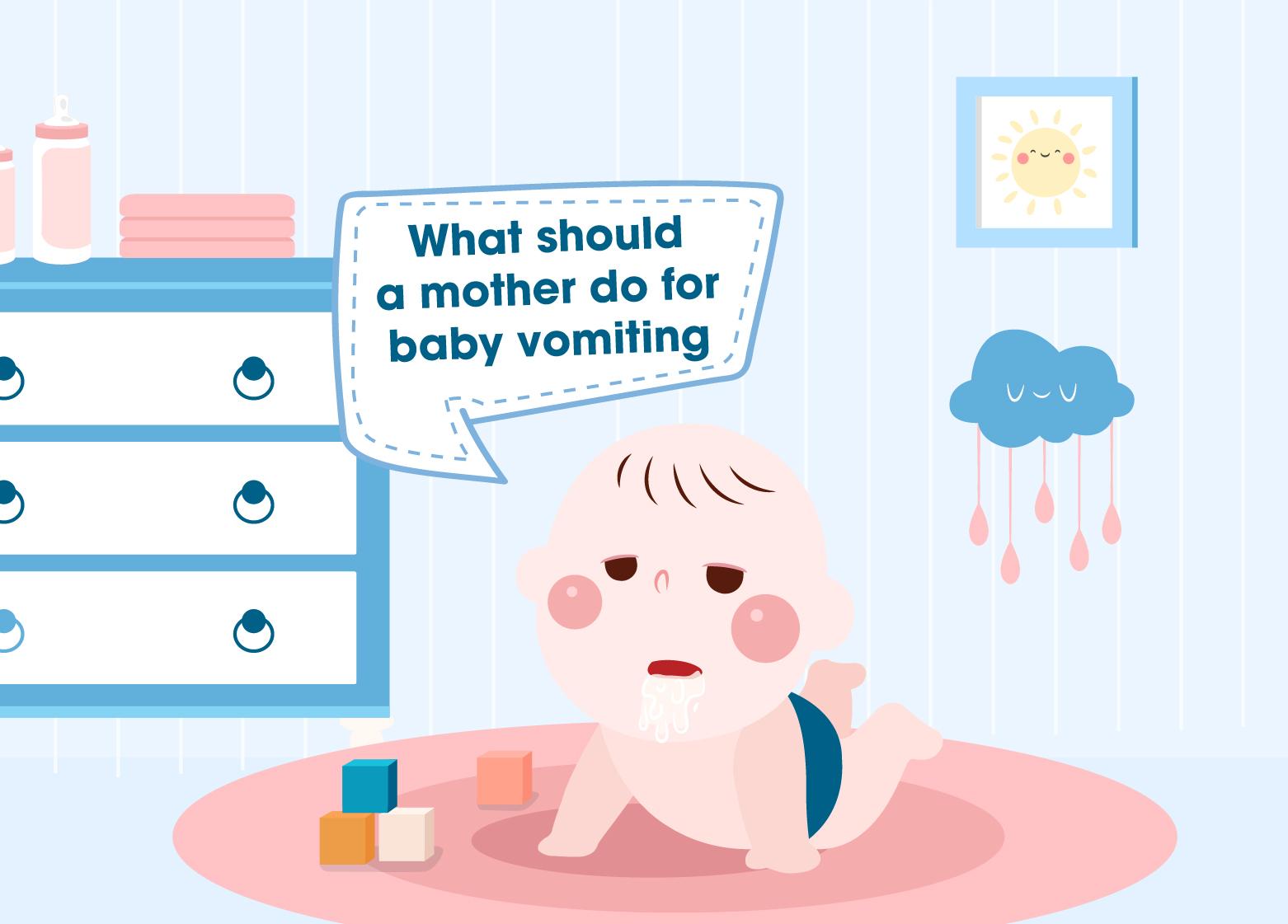
► Does your baby need to drink water?
- Under 6 months of age: your baby does not need more water, exclusive breast milk/formula milk only.
- Over 6 months: when weaning, continue to drink milk and give water to your baby.
Reduce the risk of infection in baby:
- Regular hand hygiene
- Comply with vaccination schedule
- Regularly clean the surrounding surface s
- Wash the clothes around baby
- Sterilize tools related to the preparation of milk/ baby food
The Pediatrics – Neonatology, American International Hospital AIH provides a full range of pediatric examination and treatment services, including: general health checkups; vaccination; monitoring the physical and mental development of the child; counseling on nutrition; and services for diagnosis and treatment of diseases.
Outpatient pediatrics in the AIH is divided into two separate areas: one for athletic children and another for sick kids in the purpose of patient classification to avoid cross-contamination. When arriving hospital babies with suspected symptoms will be transferred to a separate consulting areas, thereby screening and isolation procedures are applied initially.
--------------------
For checkup and consultation at AIH:
☎️ Hotline: (028) 3910 9999
🌏 Website: www.aih.com.vn
📍 Address: (Entrance from 199 Nguyen Hoang Street) No.6, Bac Nam 3 Street, An Phu Ward, Thu Duc City, Ho Chi Minh City.
Search
Latest News
Our Doctor









Leave a comment